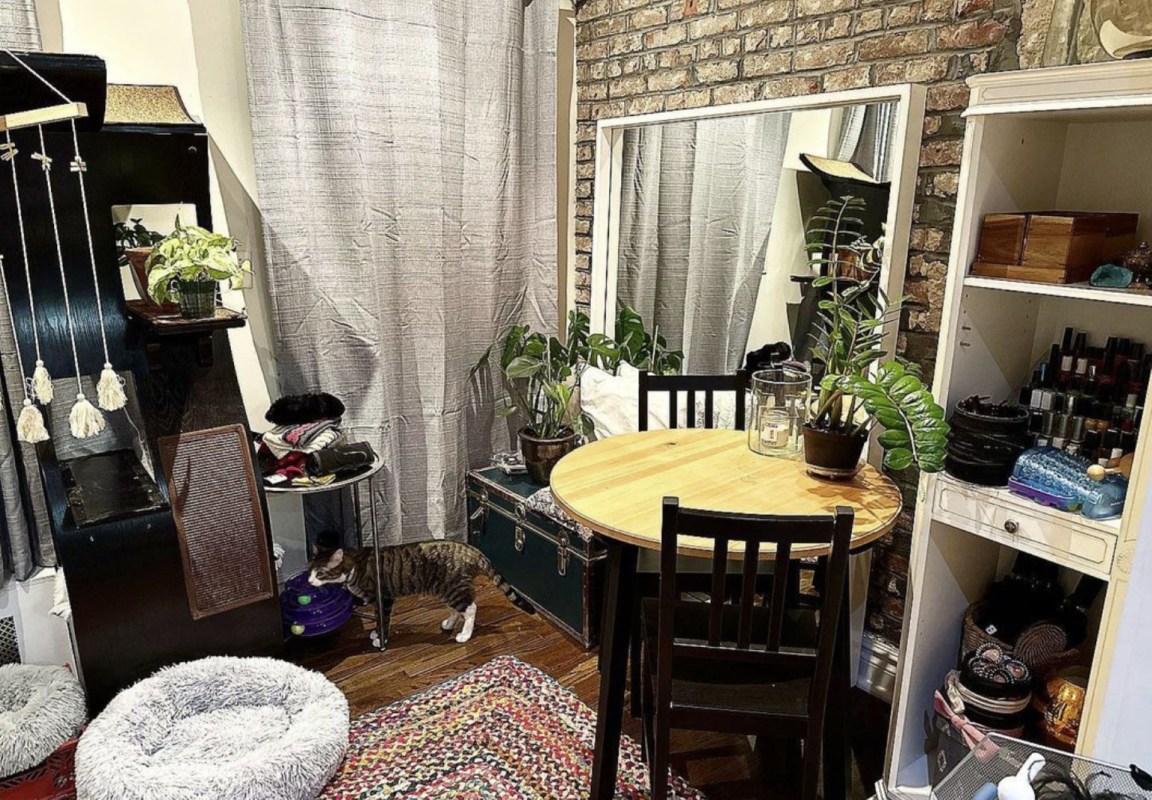The "Buy Nothing" movement is giving people ways to procure new possessions at no extra cost to themselves or the environment — including one woman who lost her home to a fire.
Jenna Orndorf lost everything in a fire, but she was able to start building her life back up with help from her local Buy Nothing group on Facebook.
Some of the items she found include plants, cat toys, comforters, outdoor furniture, and even a 16-inch TV, Orndorf told "Good Morning America."
The Buy Nothing Project is a global network of groups where members can give away their unwanted possessions to their neighbors or get secondhand items for free.
Members may not buy, sell, trade, or barter for items. The goal is to encourage free exchange among local communities.
The Buy Nothing movement counteracts two problems — unrestrained consumerism and waste — which are both harmful to the environment.
We are consuming the Earth's resources far more quickly than they can be replenished to feed our consumerist habits. The average American consumes the equivalent of about 23.2 acres of these resources a year.
According to the WWF, if the entire world adopted the average American's lifestyle, we would need five planets to sustain us.
Our consumer lifestyle also generates a lot of waste. In 2018, Americans sent 146 million tons of waste to landfills, with plastic items making up 35.7 million tons and electronics contributing 2.7 million tons. And the average American throws out 4.9 pounds of trash a day.
The Buy Nothing Project helps to stem some of that resource drain and waste by implementing a circular economy and giving objects a longer life. Today, the project has more than 7 million members worldwide and 128,000 communities.
"It's estimated that about 1,000 items are exchanged every day globally on Freecycle," Anna Robertson, co-founder of The Cool Down, told Good Morning America. "That's about equivalent to how much goes into a midsized landfill every day. So it's not going to solve our global waste problem, but it's something easy that everybody can participate in."
"Many people would like to see the world consume fewer resources, yet we constantly avoid the most obvious means of achieving that," JB MacKinnon, writer of "The Day The World Stops Shopping," told The Guardian. "When people buy less stuff, you get immediate drops in emissions, resource consumption, and pollution, unlike anything we've achieved with green technology."
Join our free newsletter for easy tips to save more, waste less, and help yourself while helping the planet.









